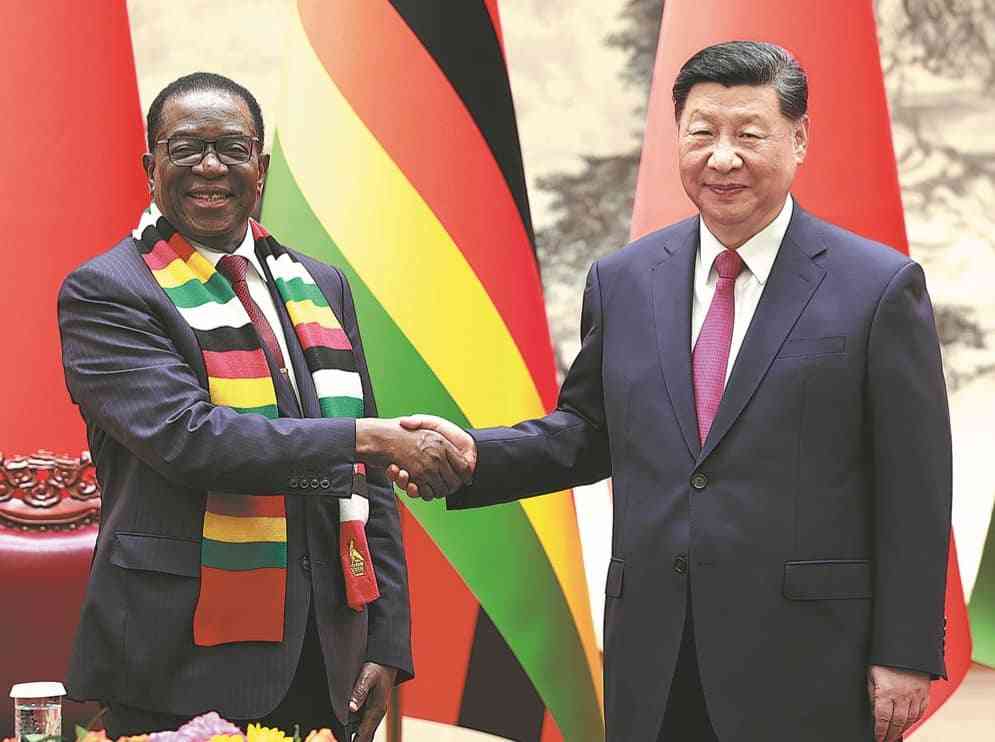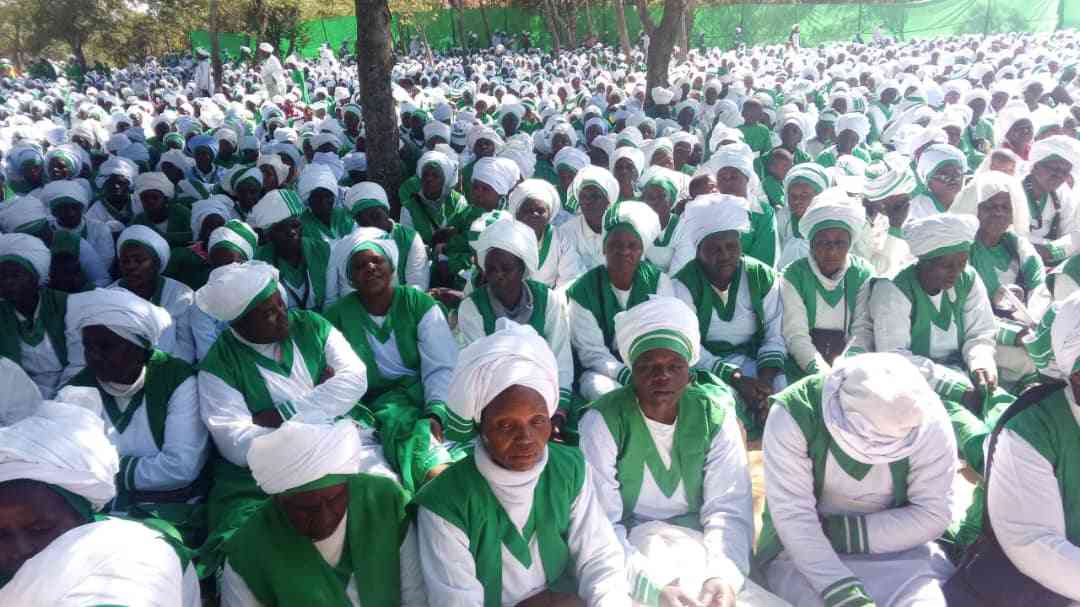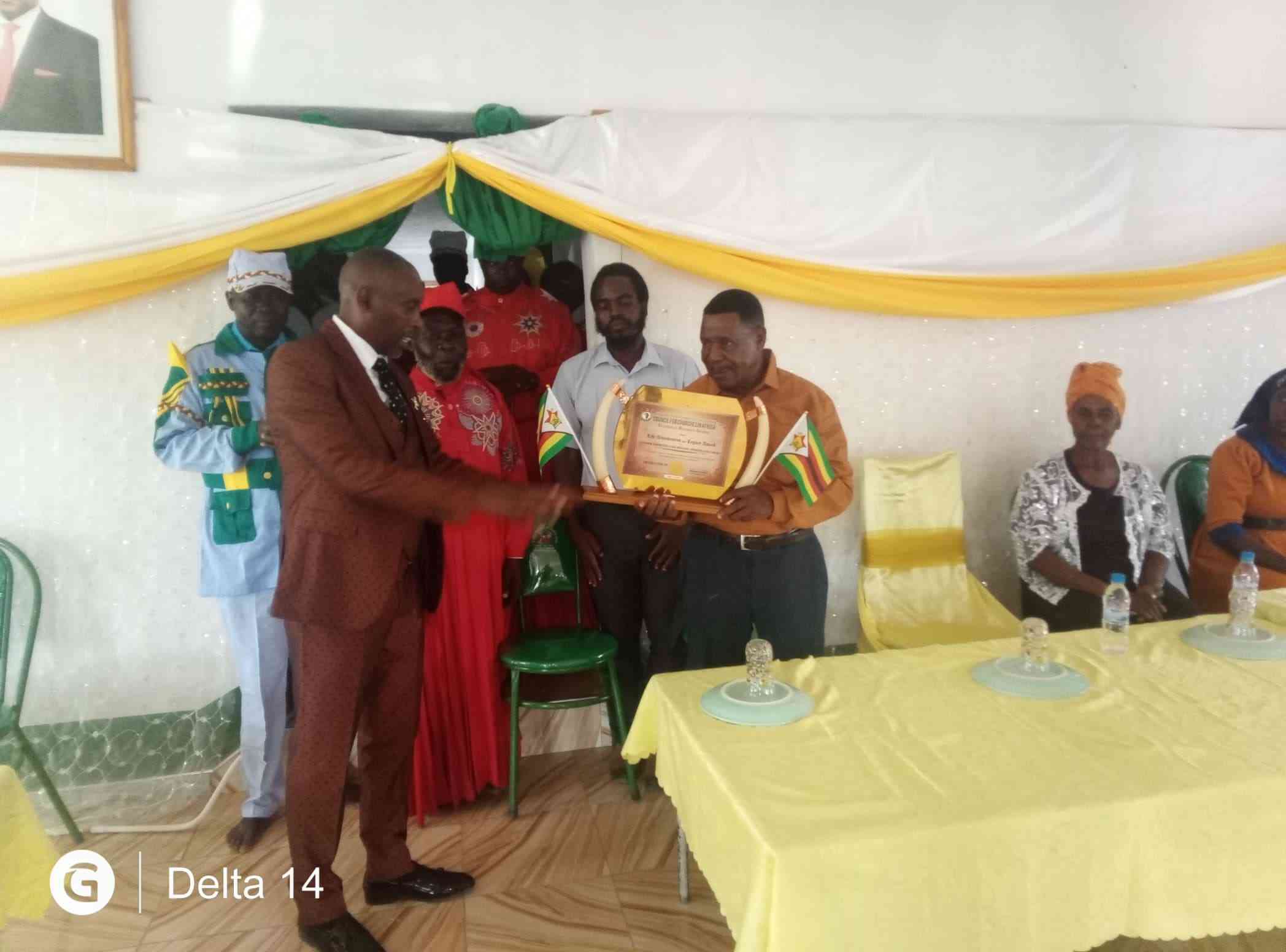
OVER the past few years, there has been a rapid increase in the number of local self-published books. The good about this is that people are taking charge of their narratives through fiction and non-fiction literature. My greatest concern however, has been on the depth and quality of some of our local self-published books. In my work as an editor and publishing consultant, I have turned down many manuscripts and I have also regretted taking in some. I do not know whether it’s the excitement of being an “author” or what but most people are usually in a rush to publish their books or should I say “manuscripts” for I believe some would still be raw for publication. Here is an effective guide meant to assist aspiring authors to write and publish good books.
l Writing is a “calling”
Although there is a common consensus that “there is a book in each and everyone of us” writing a book is not a stroll in the park. It seems many people are under some sort of peer pressure of being called “an author” without necessarily knowing what that means. According to the encyclopaedia Britannica “an author is someone who is the source of some form of intellectual or creative work; especially, one who composes a book, article, poem, play, or other literary work intended for publication”. There are two keywords there “intellectual” and “creative” and this is a process of birthing original content into existence. For one to be able to birth a book or any literary work, they need to have a calling or a purpose which ignites them to write that book.
l Ignited by a Purpose
I have mentioned that writing is a calling and this calling in my view could also be ignited by a purpose for writing of that book or piece of literary work. There has been a spike in publication of local self-help books but my greatest worry is some if not most of them lack an original purpose and usually seem to be copy from some international books.
The Dambudzo Marechera’s, the Mungoshi’s, the Tsitsi Dangarembga’s and the Aaron Chiwundura Moyo’s have produced great literary pieces not only because writing was their calling but that this calling was backed by a purpose which even in the form of fiction, plays and movies was driven by several agenda’s which fitted into some form of national or African discourse.
In the context of Dambudzo Marechera (pictured), although he was naturally talented in writing, one of the purposes of his writing was the decolonisation of the Africans, the same applies for Tsitsi Dangarembga who again although talented or called to writing, drove an agenda whose purpose was ignited by her quest to advocate for the emancipation of black African women.
I personally believe that self-help and motivational books make sense for people who would have defied their backgrounds, built inspiring narratives, and accomplished greater milestones in their lives. A good example of these are usually inspirational autobiographies from accomplished individuals and marketplace leaders, who, in reflecting on their lives, would have decided to impart their knowledge for generations to come.
Consulting an Editor
Most authors rush to publish their manuscripts without consulting an editor or self-publishing consultant. I have met some people who on enquiry told me that they had self-edited their own books. Now get this right, self-editing one’s own book doesn’t mean it has been edited, self-editing is in actual fact an essential component of writing and an independent editor is still needed as an independent eye and bridge between the author and audience so as to produce a good quality book. In hiring an editor, it is important to exercise due diligence by engaging someone experienced and with a solid footprint in editing and publishing books.
l Rushing Editors/Setting a launch date
One of the most common mistakes which first-time authors make is setting a launch date before they even engage an editor or engaging an editor when they already have a launch date which in most instances is usually only a few weeks away. Although there is nothing wrong with setting a launch date if it is within reasonable time frames, I believe a launch date should only be set when an editor or publishing consultant has been consulted and agreed to work on the given manuscript within agreeable timeframes.
Editors need time to work on manuscripts and this may vary from editor to editor. In some instances, editors need a few weeks and in some, they may need several months. Authors should not annoy editors with frequent or abnormal follow-ups which may kill the editor’s creative spirit hence compromising the quality of the produced/published literary work.
These are some, but not all of the common mistakes which self-published authors have been making resulting in the rushing to publish their work. Conclusively, writing a book should be ignited by a calling, purpose, authenticity, and accomplishment under the guidance of an experienced editorial and publishing expert.
Fungayi Antony Sox is a content writer, editor, researcher, communication and publishing consultant at TisuMazwi–a communications-centred social enterprise based in Harare. For feedback contact him on +263 776 030 949, connect with him on LinkedIn on Fungayi Antony Sox or follow him on Twitter:@AntonySox










